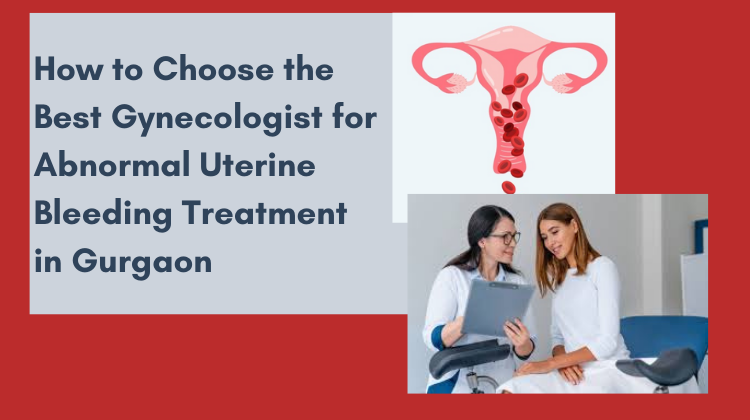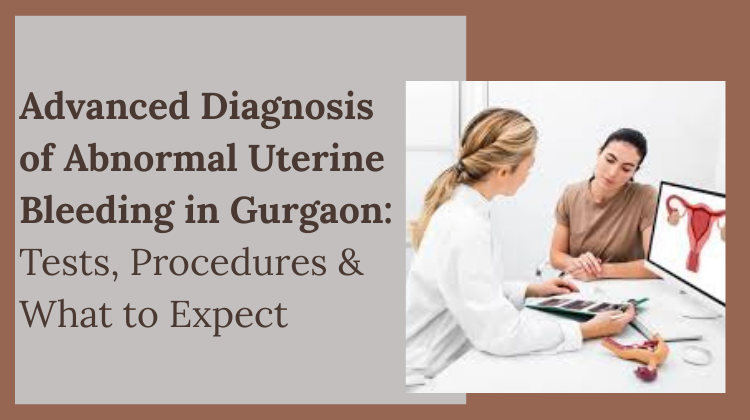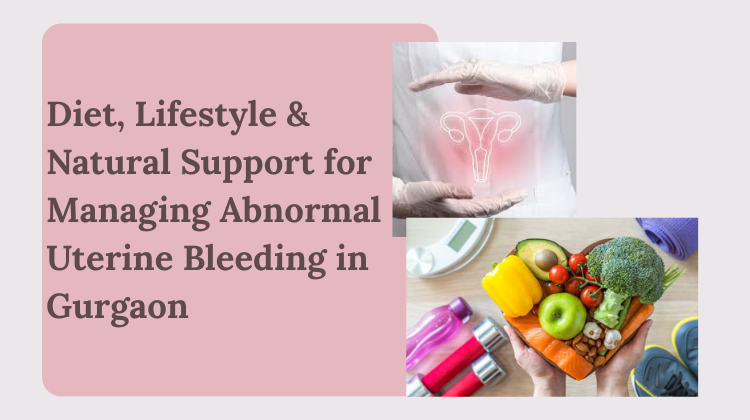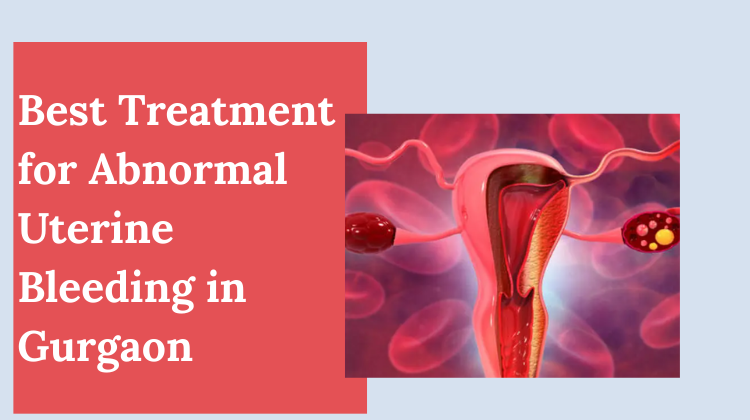Does Menopause Cause Hair Loss?
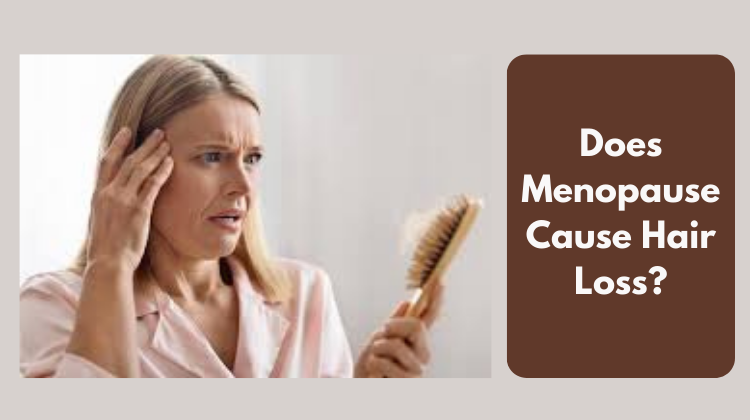
Menopause is a natural phase in a woman’s life, typically occurring between the ages of 45 and 55. Alongside hot flashes, mood changes, and sleep disturbances, many women notice changes in their hair, including thinning or hair loss. This often leads to an important concern: does Menopause Cause Hair Loss, and what factors contribute to these changes?
This article explores the relationship between menopause and hair changes, common causes behind hair thinning, and effective ways to maintain healthy hair during this stage of life.
Understanding Menopause: Does Menopause Cause Hair Loss?
Menopause is marked by the end of menstrual cycles, confirmed after 12 consecutive months without a period. During this phase, the ovaries produce less estrogen and progesterone. These hormonal changes affect not only reproductive health but also skin, hair, and metabolism.
How Menopause Affects Hair
Hormonal fluctuations during menopause can impact hair in several ways:
- Reduced Estrogen Levels
- Estrogen helps hair grow and stay in the growth phase (anagen phase) longer.
- Lower estrogen can cause hair to thin and hair growth to slow down.
- Relative Increase in Androgens
- Male hormones (androgens) remain relatively higher after menopause, which can shrink hair follicles.
- This may lead to hair thinning, particularly on the scalp, and sometimes more hair growth in unwanted areas.
- Other Contributing Factors
- Stress, poor nutrition, thyroid issues, and certain medications can worsen hair loss.
- Genetic factors also influence the extent and pattern of hair thinning.
Signs of Menopause-Related Hair Changes
- General thinning on the scalp
- Wider parting or visible scalp
- Hair becomes finer and less voluminous
- Slower hair growth than before
- Increased hair shedding
It is important to differentiate menopause-related hair changes from medical conditions like thyroid disorders or iron deficiency, which can also cause hair loss.
Role of Androgens in Menopausal Hair Loss
During menopause, the balance between female hormones and androgens (male-type hormones present in smaller amounts in women) may shift. Higher relative androgen levels can shorten the hair growth phase, leading to thinner, weaker hair or increased hair loss on the scalp. This pattern of hair loss is different from male-pattern baldness but can still be distressing for many women. Also Read: Menopause and Bone Health: What You Should Know
Managing Hair Health During Menopause
While some hair changes are a natural part of aging, there are steps to minimize hair thinning and maintain healthy hair:
- Balanced Diet: Ensure adequate intake of protein, vitamins (like Biotin, Vitamin D), and minerals (iron, zinc).
- Gentle Hair Care: Avoid harsh chemicals, excessive heat, and tight hairstyles.
- Stress Management: Practices like yoga, meditation, and regular exercise can support hair health.
- Medical Consultation: If hair loss is sudden, patchy, or severe, a healthcare provider can check for underlying causes and suggest treatments.
Effective Tips to Support Hair Growth in Menopause
Prioritize Protein in Your Meals
Hair is primarily made of keratin — a type of protein. Including lean meats, lentils, dairy, and whole grains can support hair structure and strength.
Include Omega-3 Rich Foods
Oily fish, flaxseeds, and walnuts contain omega-3 fatty acids that nourish the scalp and support a healthy hair growth environment.
Use Gentle Hair Care Practices
Avoid excessive heat styling, harsh chemical treatments, and tight hairstyles that can worsen hair breakage and loss.
Consider Targeted Supplements
Under medical supervision, supplements like biotin, iron, zinc, and vitamin D may support hair health when nutritional intake is insufficient.
Stay Hydrated
Adequate hydration supports overall cellular health, including hair follicles.
Conclusion
Menopause can contribute to hair thinning and changes due to hormonal fluctuations, particularly reduced estrogen and relative androgen increase. However, hair loss is usually gradual, and severity varies among individuals.
Maintaining a healthy lifestyle, proper nutrition, and gentle hair care can help minimize hair changes during menopause. Consulting a healthcare professional is advisable for unexplained or sudden hair loss.
Menopause can contribute to hair thinning and other hair changes due to hormonal fluctuations, particularly a decline in estrogen and a relative increase in androgens. However, this hair loss is usually gradual, and its extent varies from woman to woman.
Adopting a healthy lifestyle, maintaining balanced nutrition, and following gentle hair care practices can help reduce menopause-related hair changes. If you experience sudden, excessive, or unexplained hair loss, it is important to seek medical advice. For expert guidance on menopause and related concerns, consult Dr. Preeti Rastogi, best gynecologist in gurugram ,who can provide personalized care and answer your questions with compassion and clarity.
This Blog can be helpful if you are looking for
menopause hair loss | does menopause cause hair loss | thinning hair after menopause | menopause and hair changes | female pattern hair loss | hormonal hair loss | hair thinning in women | menopause scalp health | hair shedding menopause | managing hair loss during menopause
Q1: How does menopause cause hair loss in women?
Menopause can cause hair loss due to declining estrogen and progesterone levels, which affect the hair growth cycle. Hormonal changes can make hair thinner, weaker, and prone to shedding. Recognizing menopause-related hair loss helps women seek guidance from a gynecologist or trichologist to manage symptoms effectively.
Q2: What are the common patterns of hair loss during menopause?
During menopause, women often experience diffuse thinning on the top and crown of the scalp, while hair at the sides may remain fuller. This pattern is different from male-pattern baldness and occurs because hormonal changes reduce hair density and growth rate. Early management can slow progression and improve hair health.
Q3: Which hormonal changes in menopause trigger hair thinning?
Hair thinning during menopause is primarily triggered by a drop in estrogen and progesterone and a relative increase in androgens. These hormonal shifts shorten the hair growth phase, weaken follicles, and lead to noticeable shedding. Identifying these changes allows women to explore treatments to support hair strength and volume.
Q4: How can women manage hair loss caused by menopause?
Women can manage menopause-related hair loss through a balanced diet rich in protein, iron, and vitamins, gentle hair care, and stress management. Consulting a gynecologist or hair specialist can help determine if medical treatments, supplements, or hormone therapy are appropriate to improve hair density and overall scalp health.
Q5: When should women consult a doctor for menopause-related hair loss?
Women should consult a doctor if hair loss becomes excessive, sudden, or accompanied by other symptoms like scalp irritation or hormonal imbalance. A gynecologist or trichologist can evaluate underlying causes, provide guidance on hormonal or nutritional interventions, and recommend strategies to maintain healthy hair during menopause.
